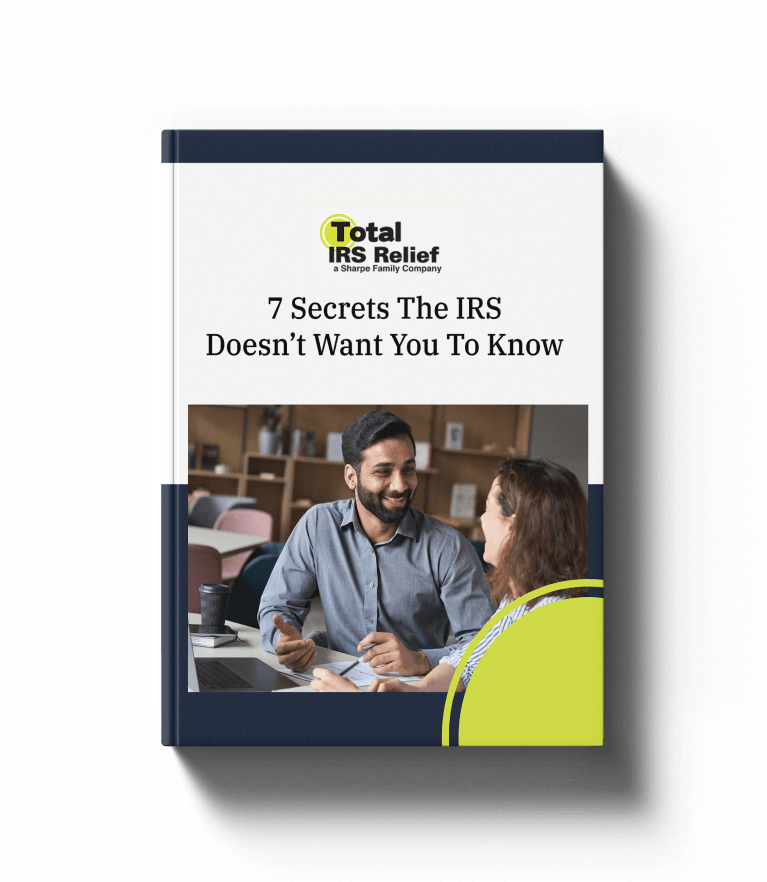
When the IRS notifies you of an audit, it’s natural to feel concerned — but much of that anxiety stems from uncertainty. The key to handling an audit successfully isn’t just preparation, it’s knowing what to expect and avoiding the pitfalls that trip up many taxpayers.
At Total IRS Relief, we help clients understand the audit process clearly so they can proceed confidently. Let’s take a closer look at what you should expect during a tax audit — and what mistakes to avoid.
What You Should Expect During a Tax Audit
An audit isn’t necessarily an accusation of wrongdoing. Many audits are triggered by statistical algorithms, document mismatches, or legitimate but uncommon deductions or credits.
Expect that the IRS will focus on one or more of the following areas:
Deductions that seem high relative to your income
Business losses that continue for multiple years
Large charitable donations
Unreported or misreported income (based on forms filed by employers, banks, or clients)
Cash-heavy business activity
The type of audit you’re facing will shape the process:
Correspondence audit: Managed entirely by mail — usually limited to one or two issues.
Office audit: You meet at an IRS office to review records and answer questions in person.
Field audit: The most in-depth; an IRS agent visits your home, business, or representative’s office for a comprehensive review.
Common Mistakes Taxpayers Make — and How to Avoid Them
Even well-meaning taxpayers can make missteps during an audit. Here’s what to watch out for:
✅ Avoid volunteering extra information.
Only address the specific items the IRS is questioning. Providing unrelated records or explanations can expand the audit scope unnecessarily.
✅ Don’t delay your response.
Audit notices include strict deadlines. Missing them can escalate your case or limit your ability to appeal.
✅ Avoid disorganized documentation.
Submitting records in a confusing or incomplete way can frustrate the auditor and prolong the review.
✅ Don’t go it alone if you’re uncertain.
Even if your tax return is accurate, an audit can become complicated. A tax resolution professional can keep your audit focused, ensure records are complete, and communicate with the IRS directly.
Best Practices for Navigating Your Audit Successfully
If you want your audit to proceed smoothly and minimize stress, follow these best practices:
Read the audit letter carefully: Identify what year and which items are under review.
Gather complete and clear documentation: Receipts, bank statements, mileage logs, invoices — whatever supports the items being questioned.
Organize your response logically: Make it easy for the auditor to verify the information you provide.
Understand your tax return: Even if someone else prepared it, you need to know why certain deductions or credits were claimed.
If you have incomplete records, work with a tax professional before submitting estimates or assumptions.
Your Rights During an Audit
The IRS audit process can feel intimidating, but you are protected by law:
Right to professional representation: You can appoint an attorney, CPA, or enrolled agent to represent you and communicate with the IRS.
Right to clarity: You can ask for explanations if you don’t understand a request.
Right to appeal: If you disagree with the audit’s outcome, you can challenge it within the IRS or in Tax Court.
Understanding and asserting these rights ensures a fair and orderly process.
Possible Audit Outcomes
When your audit concludes, you can expect one of three outcomes:
No change: The IRS accepts your return as filed.
Agreement: You accept the IRS’s proposed changes and arrange to pay any additional tax owed.
Disagreement: You dispute the proposed changes and request an appeal or hearing.
Reducing Future Audit Risk
Once your audit is resolved, you can reduce your chances of another audit by strengthening your tax practices:
Maintain records for at least 3–7 years
Separate personal and business expenses clearly
Avoid round-number estimates — use documented amounts
Report all income, including freelance, gig, and side jobs
Total IRS Relief: Here to Guide You Through Every Step
A tax audit may seem intimidating, but with the right preparation and guidance, it can be resolved efficiently and fairly.
At Total IRS Relief, we help taxpayers understand exactly what the IRS is requesting, prepare complete and well-organized responses, protect their rights, and negotiate fair outcomes. Whether you’ve just received a notice or are deep into the process, we can help.
Call today for a free consultation — let’s navigate your audit together and work toward relief and resolution.
Enter your contact information to schedule your FREE one-on-one consultation. Our tax experts will get back to you as soon as possible.

